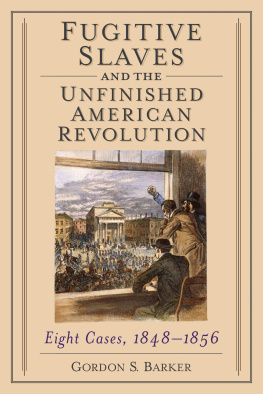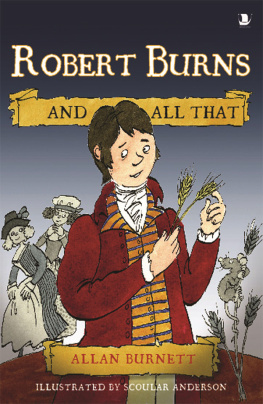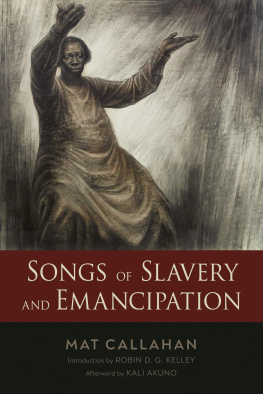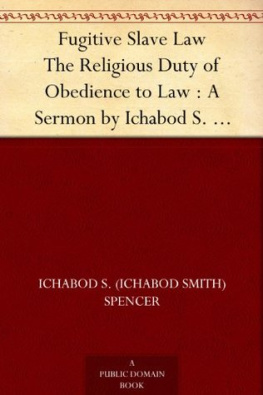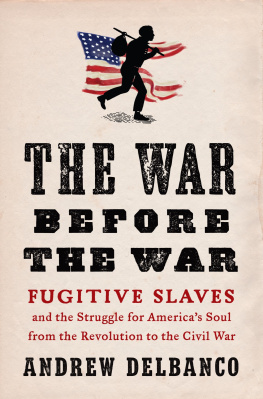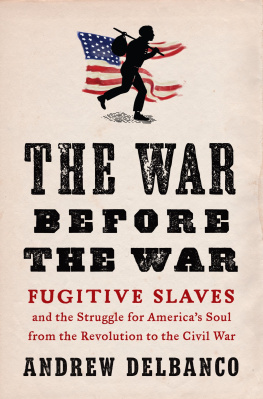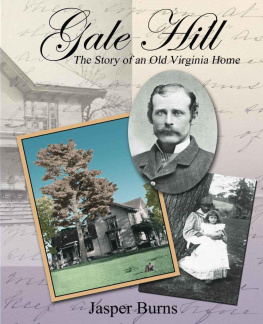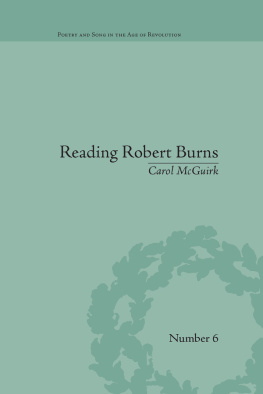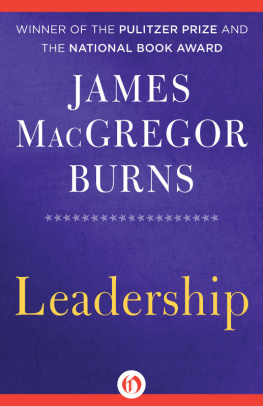Gordon S. Barker - The Imperfect Revolution: Anthony Burns and the Landscape of Race in Antebellum America
Here you can read online Gordon S. Barker - The Imperfect Revolution: Anthony Burns and the Landscape of Race in Antebellum America full text of the book (entire story) in english for free. Download pdf and epub, get meaning, cover and reviews about this ebook. year: 2010, publisher: Kent State University Press, genre: Politics. Description of the work, (preface) as well as reviews are available. Best literature library LitArk.com created for fans of good reading and offers a wide selection of genres:
Romance novel
Science fiction
Adventure
Detective
Science
History
Home and family
Prose
Art
Politics
Computer
Non-fiction
Religion
Business
Children
Humor
Choose a favorite category and find really read worthwhile books. Enjoy immersion in the world of imagination, feel the emotions of the characters or learn something new for yourself, make an fascinating discovery.

- Book:The Imperfect Revolution: Anthony Burns and the Landscape of Race in Antebellum America
- Author:
- Publisher:Kent State University Press
- Genre:
- Year:2010
- Rating:5 / 5
- Favourites:Add to favourites
- Your mark:
The Imperfect Revolution: Anthony Burns and the Landscape of Race in Antebellum America: summary, description and annotation
We offer to read an annotation, description, summary or preface (depends on what the author of the book "The Imperfect Revolution: Anthony Burns and the Landscape of Race in Antebellum America" wrote himself). If you haven't found the necessary information about the book — write in the comments, we will try to find it.
On June 2, 1854, crowds lined the streets of Boston, hissing and shouting at federal authorities as they escorted the fugitive slave Anthony Burns to the ship that would return him to his slaveholders in Virginia. Days earlier, handbills had littered the streets decrying Burnss arrest, and abolitionists, intent on freeing Burns, had attacked with a battering ram the courthouse in which he was detained, leaving one dead, several wounded, and thirteen in custody. In the end it would take federal officials nearly 2,000 troops and $40,000 to send Burns back to Virginia. No fugitive slave would be captured in Boston again.
Carried out under the Fugitive Slave Act of 1850, which permitted slaveholders to seize runaway slaves across state lines by merely testifying ownership, Burnss arrest and Bostons subsequent campaign to free him is generally regarded by scholars as the impetus that spurred the adoption of outright confrontational tactics by abolitionists across the North--an impetus that led, ultimately, to war. Such interpretations, however, gloss over the confusion and chaos many midcentury Bostonians felt over abolition.
Author Gordon Barker challenges the traditionally held notion that the rendition of Anthony Burns fueled an antislavery groundswell in the North. He exposes the diverse beliefs--many of which were less than noble--held by Bostonians struggling to make sense of the racial, class, and ethnic conflicts arising in the city. Drawing on newspaper accounts, cutting-edge scholarship, and Burnss own writings, Barker shows how antislavery sentiments competed with a wide range of other opinions, including the desire to preserve the Union as it was, concerns about law and order, mistrust of whites by their black neighbors, and racism.
A much-needed addition to the study of abolition and antislavery, The Imperfect Revolution will be of value to historians and students.
This is an exciting story of Virginia fugitive slave Anthony Burns, his rising support particularly among Boston abolitionists, and his activism in the cause of freedom. With a captivating writing style, Gordon Barker illustrates Americans great contradiction between its publically stated dedication to human freedom and its acceptance and support of human slavery. This is a stimulating presentation of the antislavery struggle in pre-Civil War America. - James Oliver Horton, author of Free People of Color: Inside the African American Community and coauthor of In Hope of Liberty: Culture, Community, and Protest among Northern Free Blacks 1700-1860 and Slavery and the Making of America
This well-researched and clearly written study gets a new series off to a promising start. The chapter on antislavery life in St. Catherines, Ontario, is especially valuable. - Lewis Perry, author of Radical Abolitionism
Gordon S. Barker: author's other books
Who wrote The Imperfect Revolution: Anthony Burns and the Landscape of Race in Antebellum America? Find out the surname, the name of the author of the book and a list of all author's works by series.

